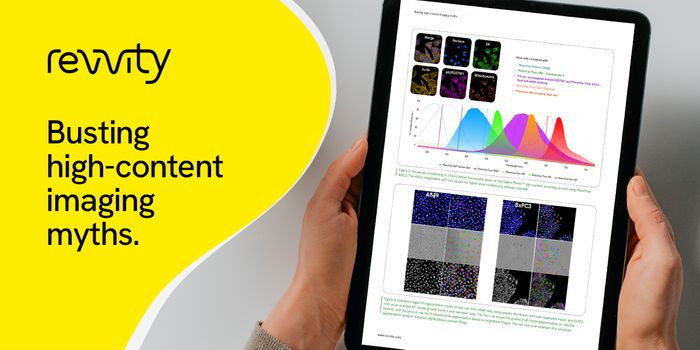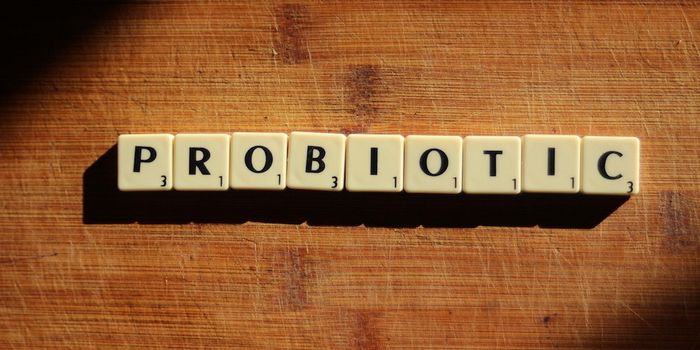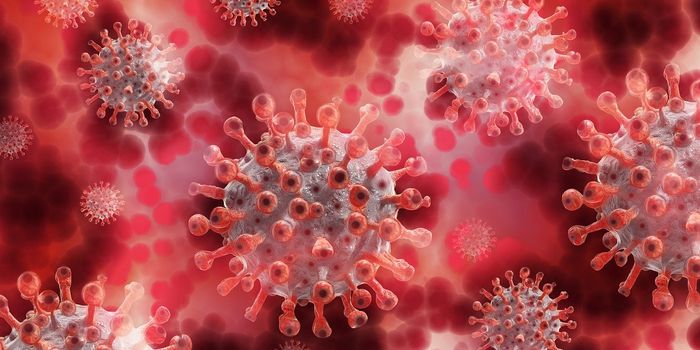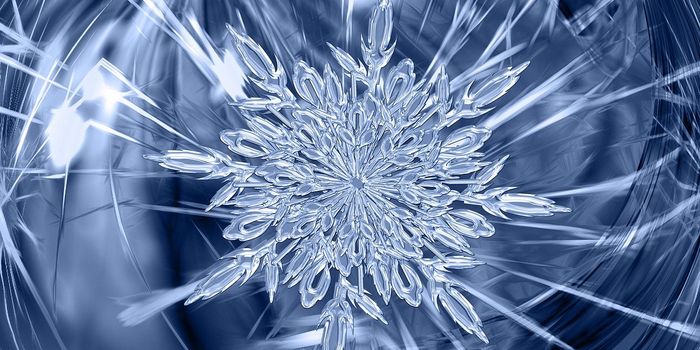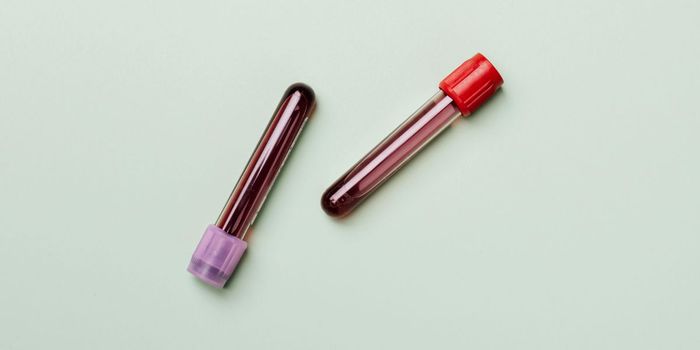
Social networks play an important role in a person’s health. Studies have shown that the amount of friends a person has, and the quality of those relationships, affect physical and mental health. People with strong social networks even live longer.
“Therefore, understanding why individuals have different social network sizes and the possible neurobiological mechanisms involved is an important research topic,” says Katerina Johnson, a doctoral student at the University of Oxford’s Department of Experimental Psychology. “As a species, we've evolved to thrive in a rich social environment, but in this digital era, deficiencies in our social interactions may be one of the overlooked factors contributing to the declining health of our modern society.”
Johnson was particularly interested in endorphins, which are neurotransmitters associated with our “pain and pleasure circuitry.” Endorphins are “our body’s natural painkillers,” Johnson said. They inhibit pain signals and can also produce feelings of euphoria in a way similar to opioids.
“Previous studies have suggested that endorphins promote social bonding in both humans and other animals. One theory, known as 'the brain opioid theory of social attachment,’ is that social interactions trigger positive emotions when endorphin binds to opioid receptors in the brain. This gives us that feel-good factor that we get from seeing our friends.”
This fact prompted Johnson and a team of researchers to ask whether people with larger social networks have a higher pain tolerance. The team viewed pain tolerance as a way to assess endorphin activity.
The results showed that pain tolerance is a significant predictor of social network size. The findings also showed that fitter people and those who reported high levels of stress tended to have smaller networks.
“It may simply be a question of time,” Johnson said. “Individuals that spend more time exercising have less time to see their friends. However, there may be a more interesting explanation -- since both physical and social activities promote endorphin release, perhaps some people use exercise as an alternative means to get their 'endorphin rush' rather than socialising. The finding relating to stress may indicate that larger social networks help people to manage stress better, or it may be that stress or its causes mean people have less time for social activity, shrinking their network.”
“Recent research suggests that the endorphin system may be disrupted in psychological disorders such as depression. This may be part of the reason why depressed people often suffer from a lack of pleasure and become socially withdrawn,” Johnson said.
The study was published on April 28, 2016, in the journal Scientific Reports.
Source:
Pain tolerance predicts human social network size via Scientific Reports,
University of Oxford press release via EurekAlert!



